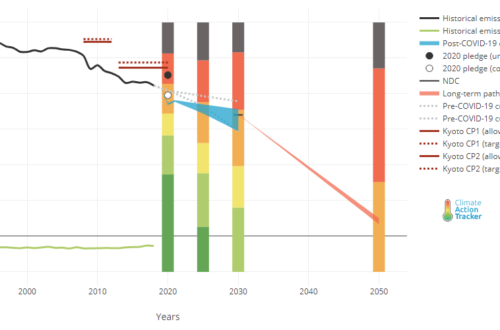COP28 Draft Text
Full text of final COP28 agreement
The Conference of the Parties (COP) stands as a pivotal and recurrent assembly within the United Nations Framework Convention on Climate Change (UNFCCC), an instrumental treaty initiated in 1992 to forge a collective response to the burgeoning global challenge of climate change. This multifaceted gathering brings together representatives from nearly 200 nations, spanning government officials, negotiators, and various stakeholders, coalescing to engage in substantive discussions and negotiations on strategies and initiatives aimed at combatting climate change.
Year after year, COP meetings serve as the nexus for evaluating progress in both mitigating and adapting to climate change, embodying a unique confluence of diplomatic efforts and environmental stewardship. These gatherings play a vital role in decision-making processes that significantly influence the trajectory of the convention’s implementation. The agenda is expansive, encompassing critical issues such as the establishment of greenhouse gas emissions reduction targets, the allocation of financial support for developing countries, the facilitation of technology transfer, the formulation of adaptation measures, and the creation of mechanisms fostering sustainable development.
These annual sessions, denoted sequentially as COP1, COP2, and so forth, are not mere diplomatic formalities but rather dynamic forums where nations converge to navigate the complexities of global climate governance. In optimizing for search engine optimization (SEO), it is paramount to underscore the interconnectedness of COP and climate change, emphasizing the role these meetings play in steering international collaboration, information sharing, and the negotiation of agreements that collectively contribute to a sustainable and resilient global future.
A watershed moment in recent COP history occurred during COP21 in 2015, where the Paris Agreement was adopted. This landmark accord provides a comprehensive framework for global endeavors to curtail the rise in global temperatures. The agreement’s overarching objective is to limit the increase to well below 2 degrees Celsius above pre-industrial levels, with a more ambitious aspiration of capping it at 1.5 degrees Celsius.
The true significance of COP meetings lies in their capacity to act as crucibles for shaping the international response to climate change. Beyond diplomatic rhetoric, these gatherings catalyze tangible progress by providing a platform for collaborative endeavors that transcend national boundaries. As we optimize for SEO, it becomes imperative to underscore the central role of COP in addressing the global imperative of climate change and propelling concerted efforts toward a sustainable and equitable future for all.


